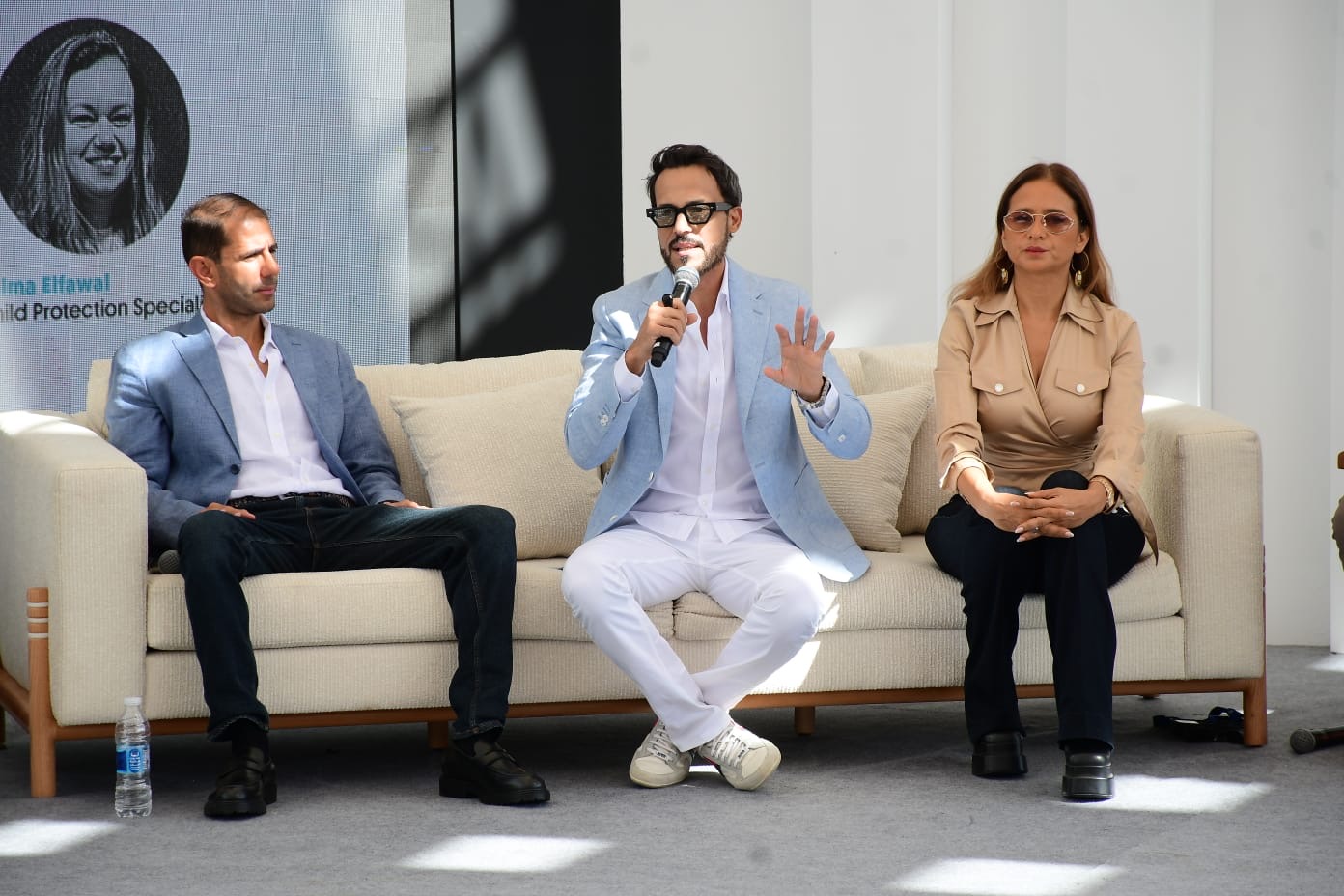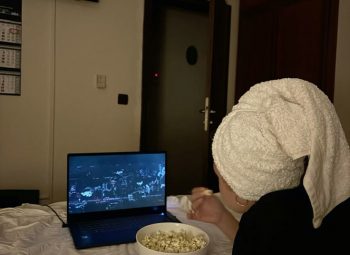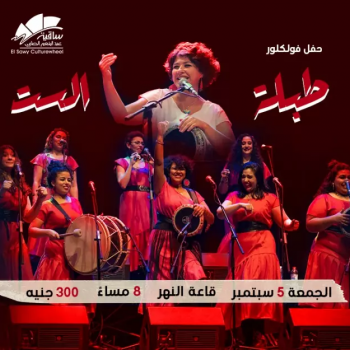via Al Wafd
The seventh edition of the El Gouna Film Festival hosted a thought-provoking panel discussion titled Drama: Reflecting Current Social Stories and Audience Perspectives. Featuring notable figures like Nelly Karim, Youssef El Sherif, director Karim El Shenawy, writer Sherif Abdel Masih, and Salma El Fawal, the session delved into the relationship between drama, society, and audience perceptions.
This article explores the key takeaways and reflections from the discussion:
The Impact of Art on Society
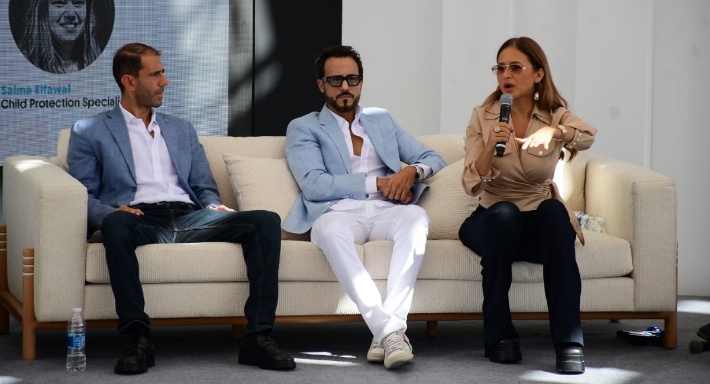
via Fil Fan
Nelly Karim shared a touching story about the profound effect of her hit show,1963 Taht El Saytara. A fan approached her, expressing gratitude for the show, which had prompted him to confront his son's addiction. This moment underscored the potential of drama to influence real-life situations and the responsibility that comes with storytelling.
Youssef El Sherif emphasised that the impact of drama on society is cumulative. He argued that art profoundly influences the subconscious mind and should not be blamed for negative societal phenomena. His assertion that art is the most influential in the human subconscious invites a broader discussion about the responsibilities of creators in shaping narratives that resonate with audiences.
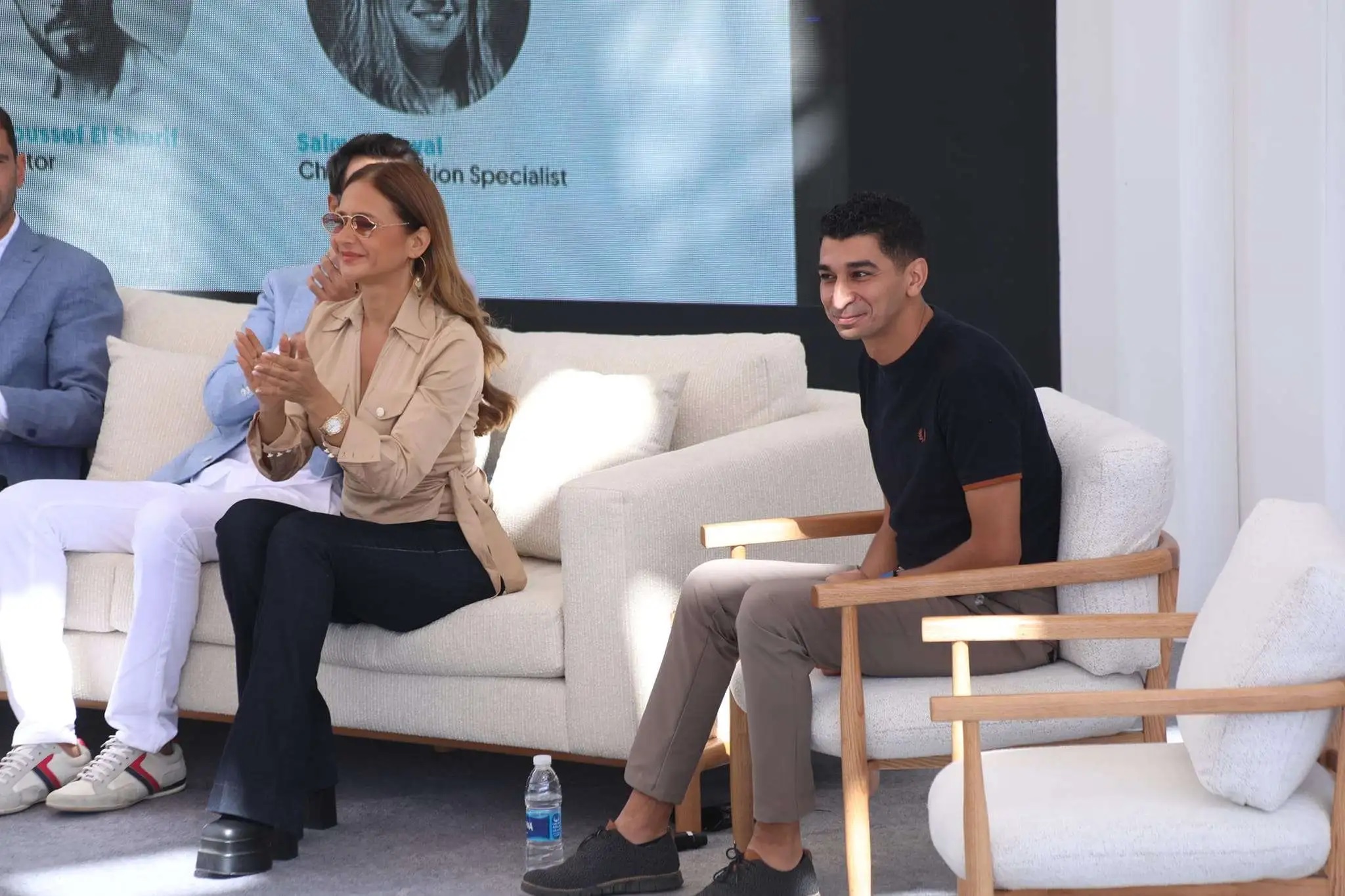
Karim El Shenawy challenged the notion that creators should be treated as experts. He stressed that the role of art is not to change society but to reflect it. This distinction is vital as it encourages creators to remain aware of their limits and the boundaries of their influence. Shenawy argued for authenticity in storytelling, emphasising that art should mirror societal realities rather than seek to alter them.
The Evolving Landscape of Film and Television
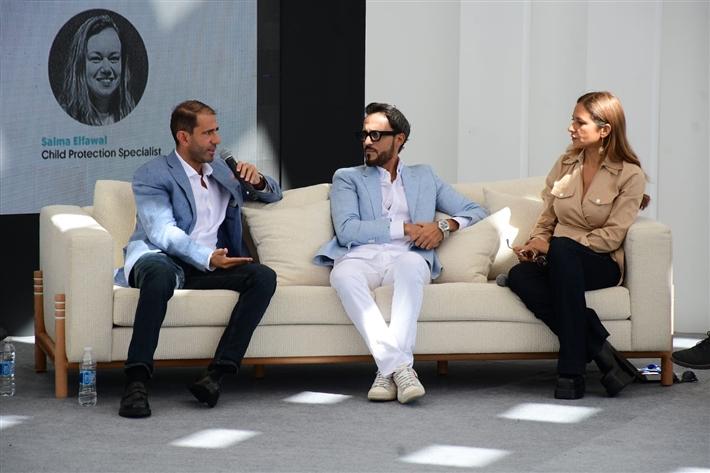
The panellists also debated the current trends in cinematic storytelling, particularly the growing popularity of TV series over cinematic films. El Shenawy pointed out that the landscape has shifted; audiences increasingly engage with serialised narratives that allow deeper character exploration over more extended time frames. This shift poses essential questions about the nature of storytelling in contemporary media.
As for Youssef El Sherif, he noted the importance of crafting unique ideas in artistic works rather than merely catering to popular tastes. He argued that quality storytelling demands creativity and effort, which garners audiences' respect. His reflections highlight a critical balance between artistic integrity and audience expectations, suggesting that creators must challenge viewers while also respecting their intelligence.
Art as a Catalyst for Mental Well-Being
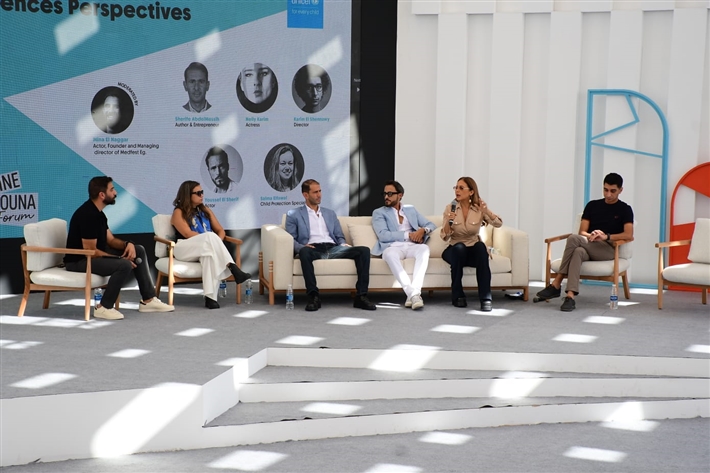
The panel prompted discussions on how art can enhance mental health and well-being. Are current productions adequately exploring themes of mental health? This question lingers as creators navigate the fine line between representation and responsibility. With that said, Nelly Karim candidly shared her experiences of emotional exhaustion stemming from her roles, particularly those that required intense emotional investment. She emphasised the need for actors to disconnect from their characters to regain their sense of self, further illustrating the emotional toll of portraying complex narratives.
Art's Reflective Nature
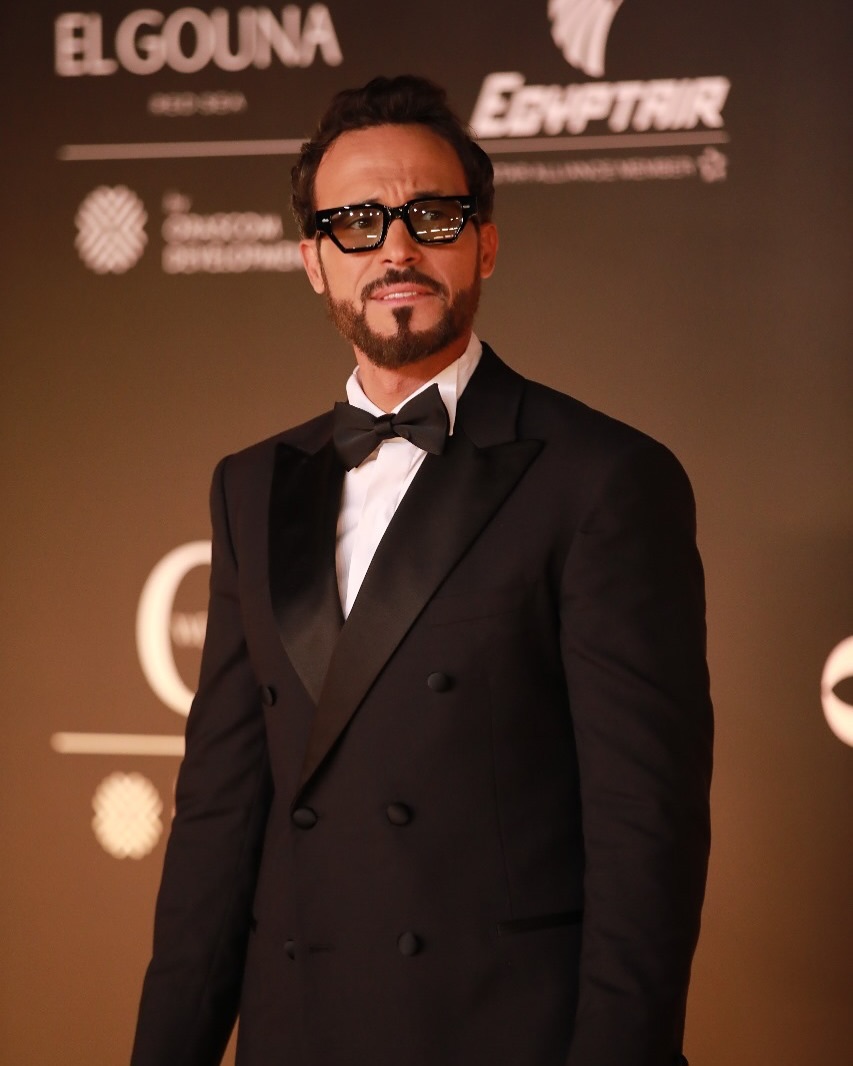
The discussions at GFF highlighted the multifaceted relationship between art and society. As creators grapple with their roles, it is essential to recognise that while art has the power to reflect and influence societal narratives, it does not operate in isolation. The responsibility to engage thoughtfully with these themes rests with both creators and audiences alike.
As the festival continues, the conversations surrounding the impact of drama on societal well-being remain vital. By fostering a deeper understanding of these dynamics, the artistic community can contribute positively to the evolving cultural landscape. The panel's insights serve as a reminder that storytelling is not just an art form; it is a powerful medium for change, empathy, and understanding in our complex world.

